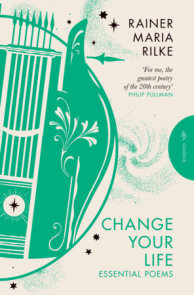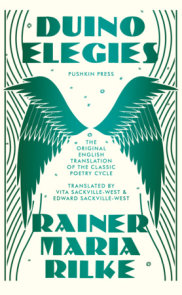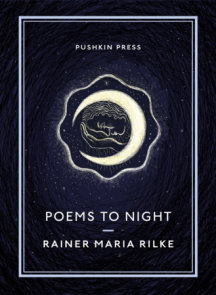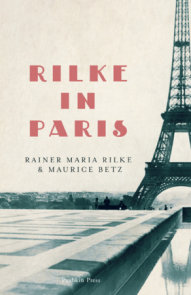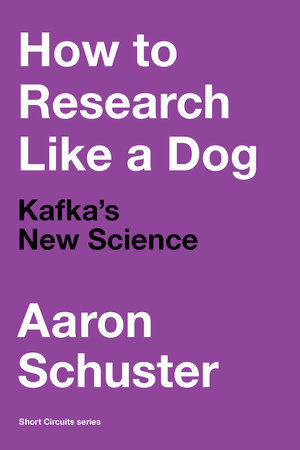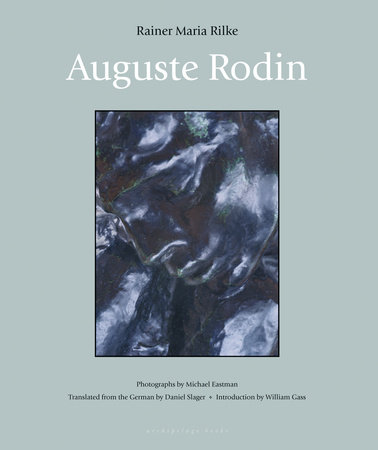

Auguste Rodin
By Rainer Maria Rilke
Introduction by William H. Gass
Photographs by Michael Eastman
Translated by Daniel Slager
By Rainer Maria Rilke
Introduction by William H. Gass
Photographs by Michael Eastman
Translated by Daniel Slager
By Rainer Maria Rilke
Introduction by William H. Gass
Photographs by Michael Eastman
Translated by Daniel Slager
By Rainer Maria Rilke
Introduction by William H. Gass
Photographs by Michael Eastman
Translated by Daniel Slager
Category: Literary Criticism | Art | Arts & Entertainment Biographies & Memoirs
Category: Literary Criticism | Art | Arts & Entertainment Biographies & Memoirs

-
$30.00
Feb 24, 2004 | ISBN 9780972869256
-
Mar 22, 2011 | ISBN 9781935744238
YOU MAY ALSO LIKE
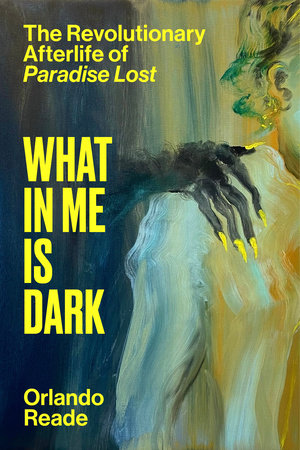
What in Me Is Dark
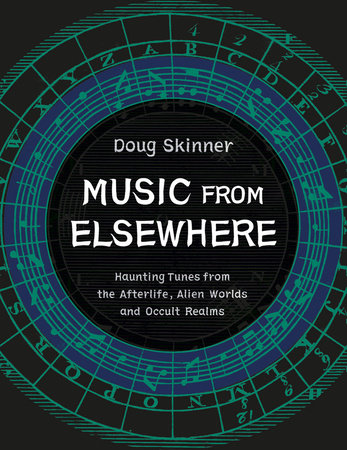
Music from Elsewhere
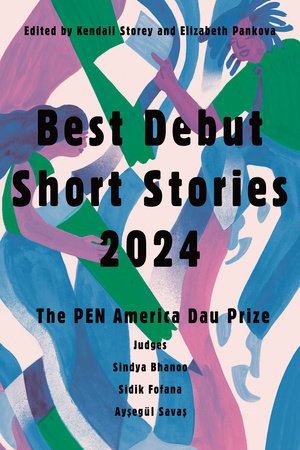
Best Debut Short Stories 2024
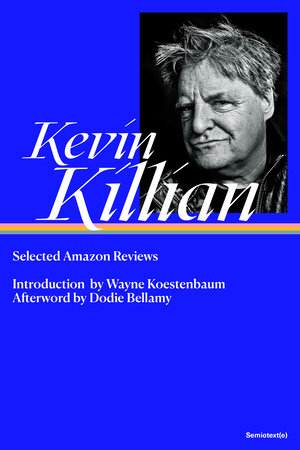
Selected Amazon Reviews
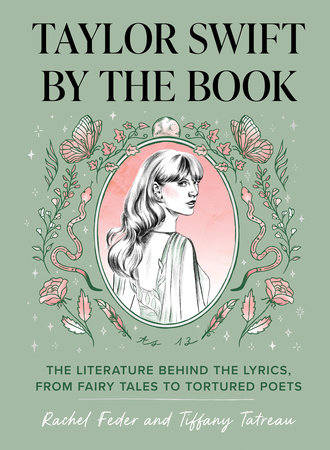
Taylor Swift by the Book
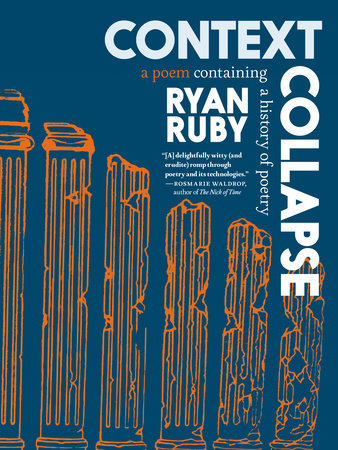
Context Collapse
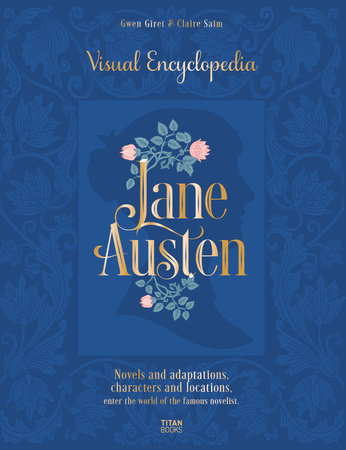
Jane Austen: Visual Encyclopedia
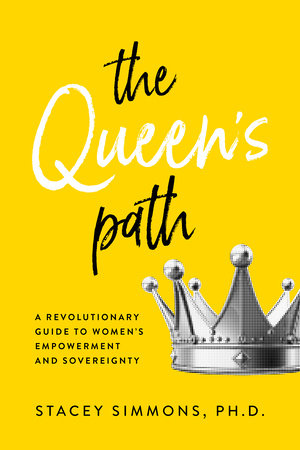
The Queen’s Path
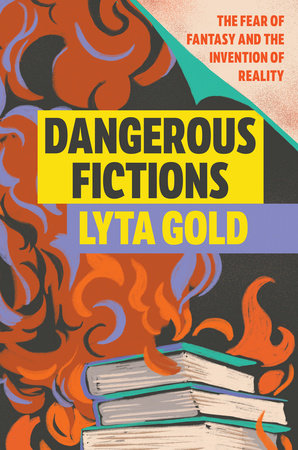
Dangerous Fictions
Praise
“Combining Daniel Slagers’s elegant translation from the German of Rilke’s writings on Rodin with Michael Eastman’s photographs of Rodin’s sculptures, Auguste Rodin offers a fresh look at an unlikely mentorship.”
—The New York Times Book Review
“Brilliant and subtle but richly colored new photographs of Rodin’s sculptures by Michael Eastman make this new translation of Rilke’s classic meditation on Auguste Rodin a feast for the eye and mind. National Book Critics Circle Award winner Wiliam Gass examines the text and the setting to provide insight and context. Fine writing, beautiful images, and exciting ideas make this edition of Rilke’s Auguste Rodin a real treat.”
—R.K. Dickson
“Poets and the visual arts—it is a vast subject; and all through the twentieth century artists and writers collaborated almost constantly, sometimes with such intensity that it seemed as if they were passing back and forth a single flask labeled ‘Inspiration.’ Few poets have written more eloquently about the visual arts than Rilke, and one of the most beautiful books of the year is his Auguste Rodin (Archipelago Books, $30), translated by Daniel Slager, with photographs by Michael Eastman, which bring us close to the charged surfaces of Rodin’s bronzes, and catch their storm-tossed intensity. Rodin was at times a disturbingly bombastic artist—while his Gates of Hell may be the work of a genius, it is also pure kitsch—but in the years just after 1900, when Rilke got to know him, the avant-garde was still inclined to embrace Rodin as a rough-hewn visionary, a man in whose studio, as Rilke wrote, ‘everything was becoming, but nothing was in a hurry.’ For Rilke, both Rodin and Cézanne suggested, through the very physicality of their labors, a route beyond fin-de-siècle preciosity. Rilke discovered in Rodin a man who was utterly committed to the materiality of the artistic vocation. Rodin taught Rilke to make his feelings concrete.’
—Ruth Franklin
21 Books You’ve Been Meaning to Read
Just for joining you’ll get personalized recommendations on your dashboard daily and features only for members.
Find Out More Join Now Sign In







